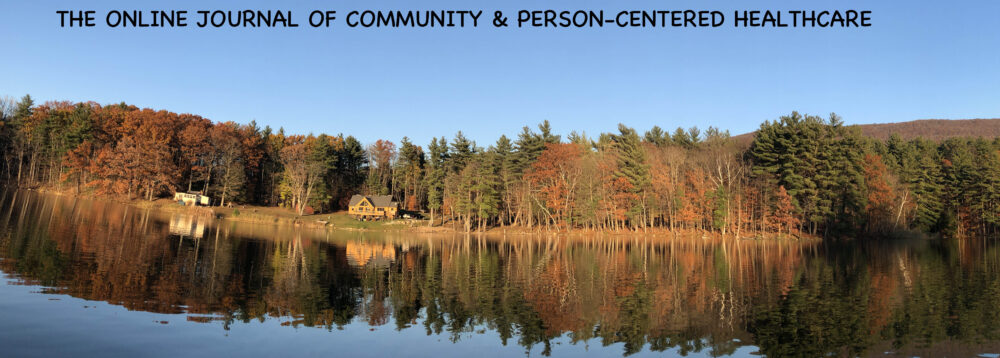For a brief biography see: Michael Balint – An outstanding medical life.1
Balint’s son, John, was a distinguished professor of gastroenterologist and medical ethicist at Albany Medical College. I attended a lecture by him, and it was there that I first heard about Michael Balint and became interested in his opus magnum, The Doctor, His Patient and the Illness.2 The Sawyer Library at Williams College has a copy and I checked it out periodically over two decades, but found it hard going. Finally, in 2016, I bought a second-hand copy and decided to wade through it.
Early in the book Balint asks: “Why does it happen so often that in spite of earnest effort on both sides, the relationship between doctor and patient is unsatisfactory and unhappy?”
My notes from The Doctor, His Patient, and the Illness are on Google Documents,3 and I will summarize the some of the salient points for Hot Spots 2018. The book is a treatise on how medicine has lost some of its focus on essential aspects of the therapeutic relationship. Balint’s son, John, co-authored an article that discusses the important points made by his father.4 They identified six main themes that run through Balint’s work:
- The “basic fault” present in some form in all human beings.
- The physician’s “apostolic function.”
- The physician as a therapeutic agent—the “drug doctor.”
- The “conspiracy of anonymity.”
- The “deeper diagnosis.”
- The “mutual investment company.”
If you want my complete talk, please email me: djelpernATgmail.com
